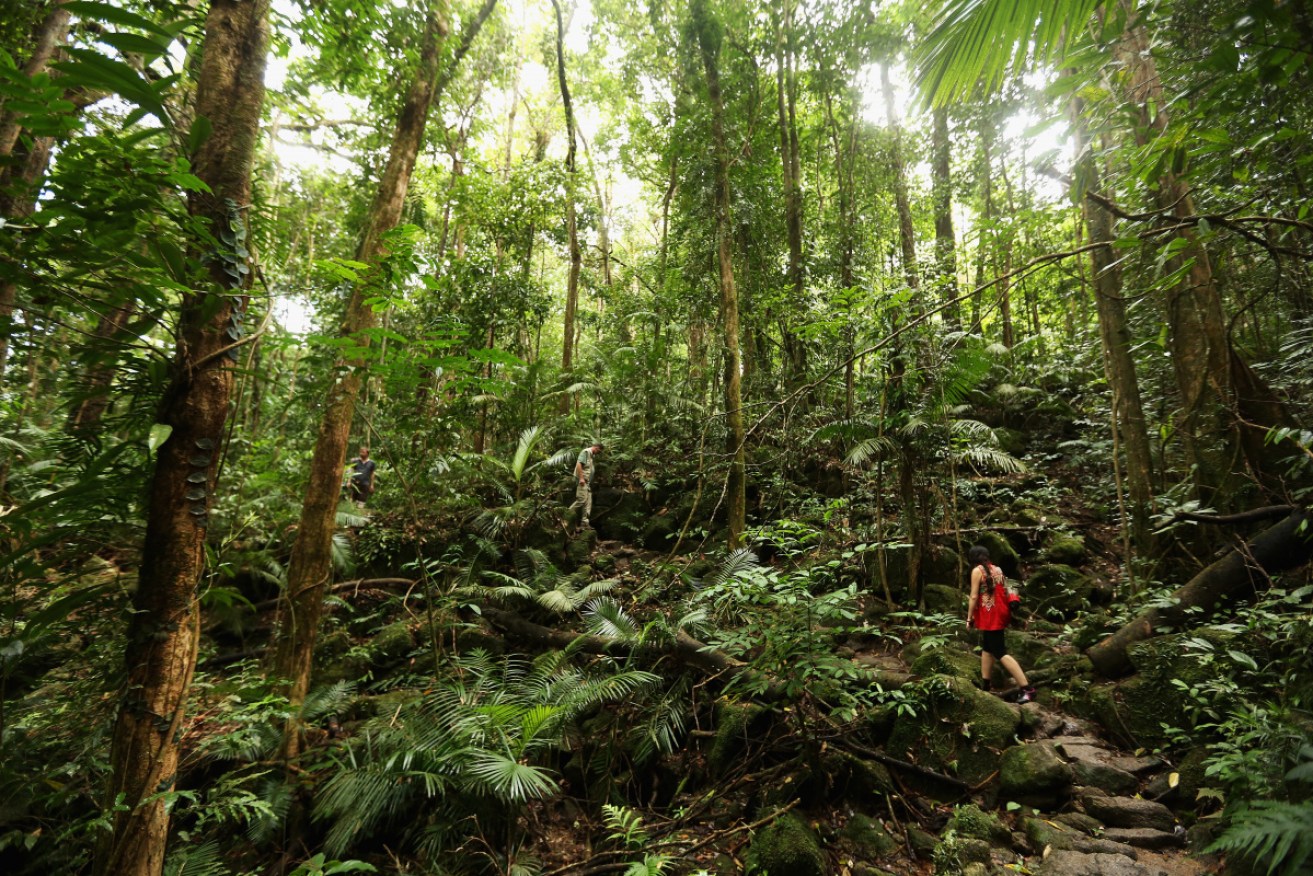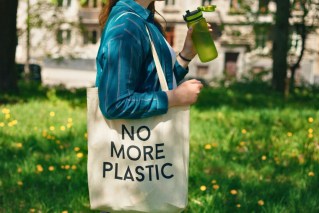Australia has ‘one of the weakest 2030 pledges in the world’ ahead of COP28: Report


Forest renewal projects that are largely failing still earn carbon credits, fresh research shows. Photo: Getty
Ahead of COP28 next week, a new report has revealed Australia is over-relying on carbon offsets and overseas reforestation to achieve its promised climate action, making its pledged action among the weakest in the world.
The 2023 update to the Land Gap Report found that Australia’s actions in the land sector lacked transparency about where and how land will be used, and risks insufficiently decarbonising key industries.
Dr Kate Dooley, author of the report and a research fellow at the University of Melbourne, said Australia has some of the weakest targets for land-based carbon reduction compared to other wealthy and high-emitting countries.
“We have the highest carbon emissions per capita in the world, but among high-emitting nations we have one of the weakest 2030 pledges in the world,” she said.
“Other countries have far more ambitious pledges than us, and our pledge is not in line with the science.”
About 35 per cent of Australia’s emissions reduction target is earmarked to be achieved through removing and sequestering carbon into land and forests, but Dooley said those numbers aren’t realistically feasible to achieve net-zero emissions by 2050.
“We can’t offset fuel emissions by growing trees, we need to be doing both,” she said.
“Australia should have some level of agricultural and forestry measures in its long-term strategy, but that shouldn’t be counting for 35 per cent of the effort.”
The report examined government how much land would be required to achieve pledged climate goals under the Paris Agreement.
COP28
The United Nations Climate Change Conference, or COP28, is being held in Dubai from Thursday, November 30 until Tuesday, December 12.

Dubai is hosting COP28, which will see world leaders and delegates examine climate change. Photo: Getty
Dooley said a major discussion will be around a global stocktake of the action being taken to mitigate climate change.
“They won’t be talking about individual countries, so no one will be saying Australia is the worst rich country,” she said.
“The message that needs to come from the Land Gap Report is for countries to be more transparent about the land management requirement in their climate mitigation pledges.”
Australia’s pledge, according to the report, is overly reliant on international carbon offsets and requires seven million hectares of reforestation under current commitments.
COP28 will also examine the impact of climate change on public health for the first time after the World Health Organisation called for the issue to be put into the spotlight.
Dr Tedros Ghebreyesus, WHO director-general, said the most compelling reasons for climate action aren’t in the future, but are occurring right now.
“The climate crisis drives the extreme weather that is taking lives around the world. It fuels the spread of infectious and noncommunicable disease, and it undermines food security,” he said.
“I am grateful to the COP28 UAE Presidency for choosing health as a priority area, and for designating December 3rd as a day dedicated to health.”
Future targets
The Albanese government regularly pushes the line that their targets are far more ambitious than their predecessors, which is true, but Dooley said analysis from the University of Melbourne has shown that if every country pledged a similar level of action to Australia, the world would be on a path to four degrees of heating.
“In the context of Australia, the first priority is to increase our 2030 ambition to reduce emissions at the point source and that really means tackling our energy sector, which the government is doing,” she said.
“The next priority would be looking at realistic actions in the land sector and what should be done to simultaneously address climate change by enhancing land carbon stock.”
At four degrees of heating, the world’s oceans would experience an unparalleled increase in acidity, ecosystems would collapse, and parts of the world would become uninhabitable for humans.








